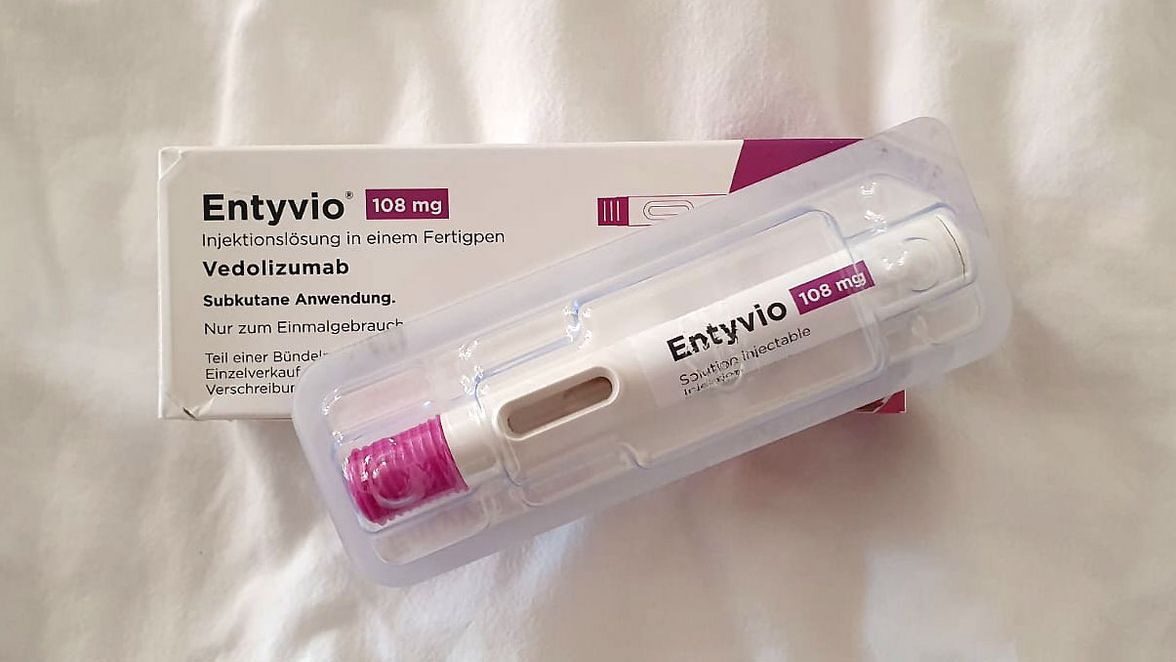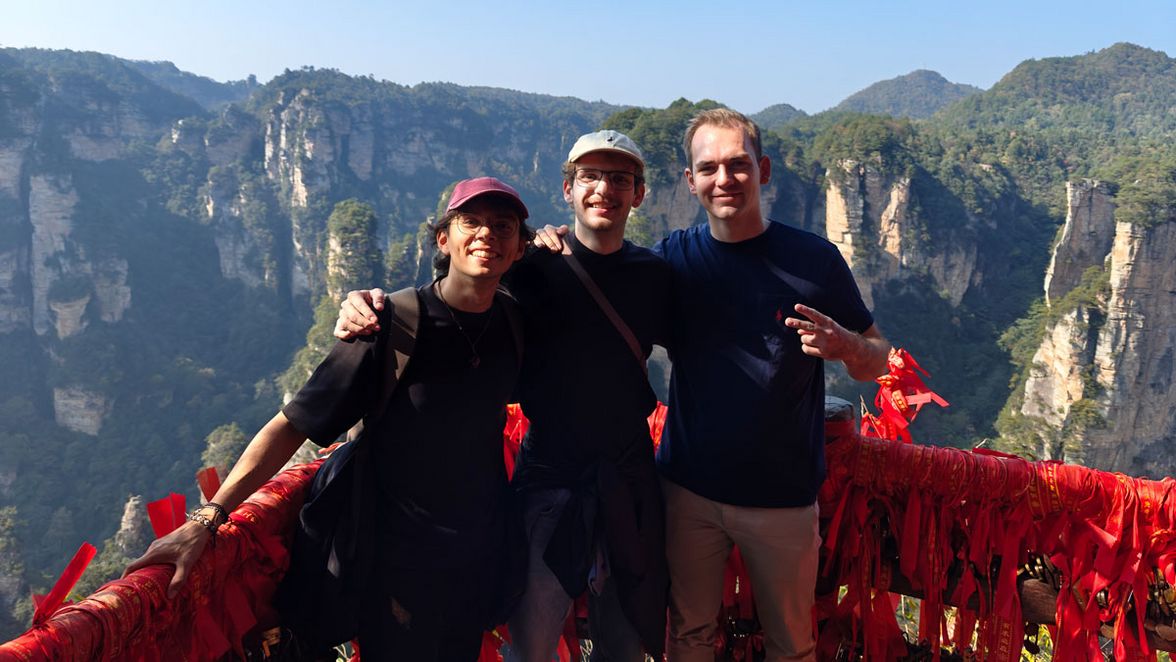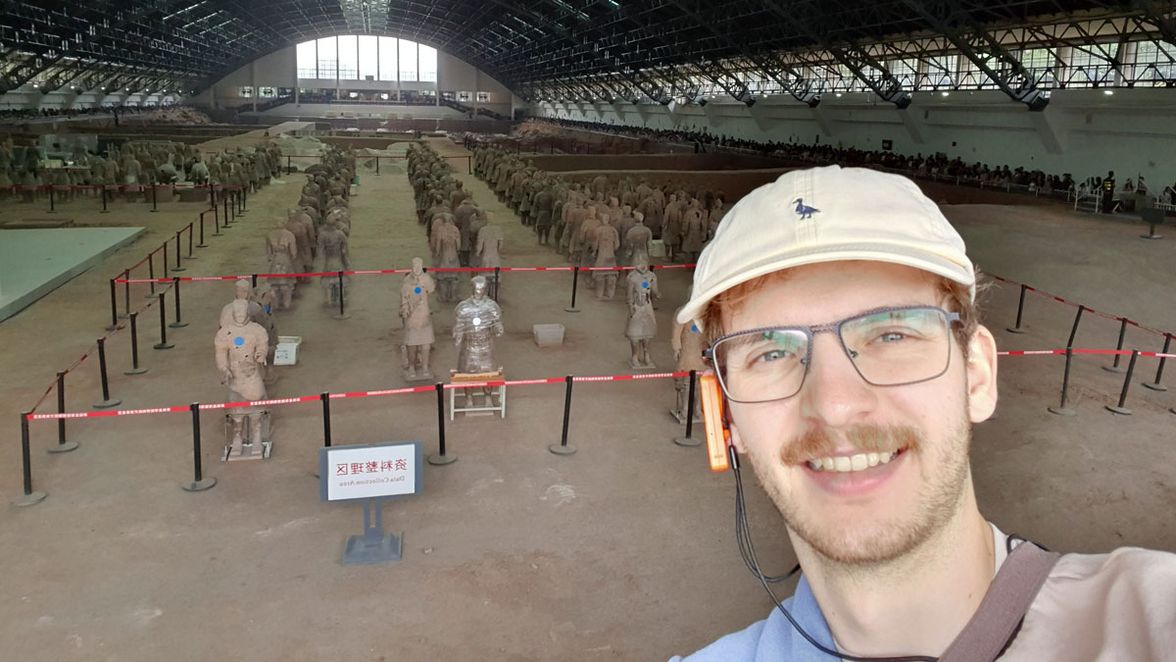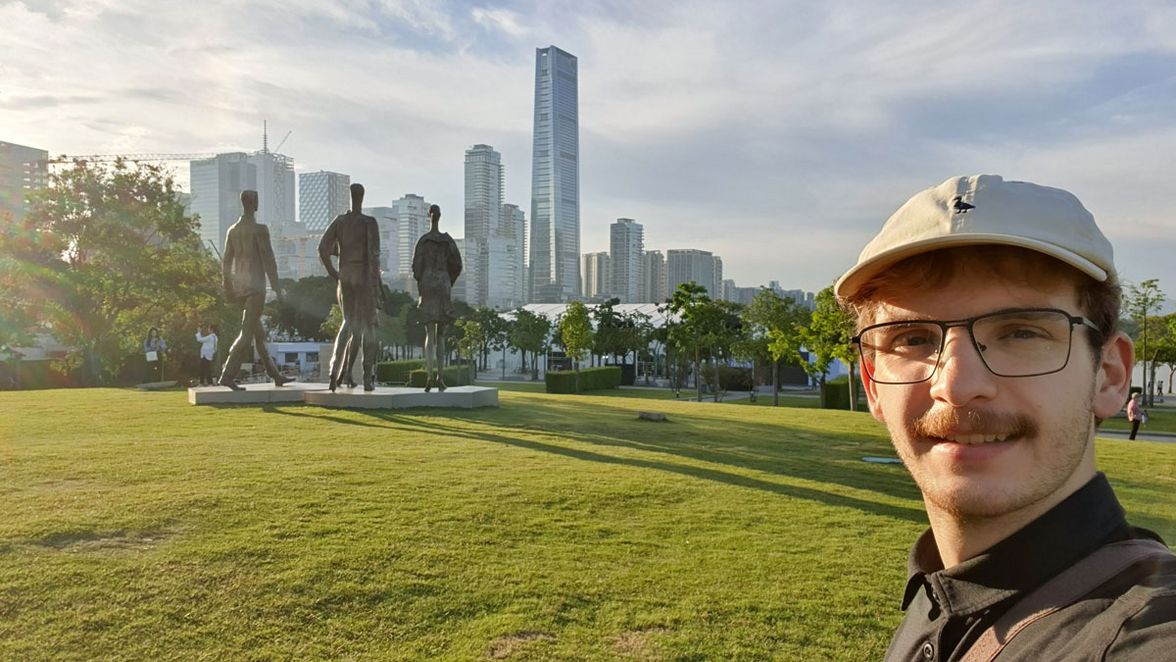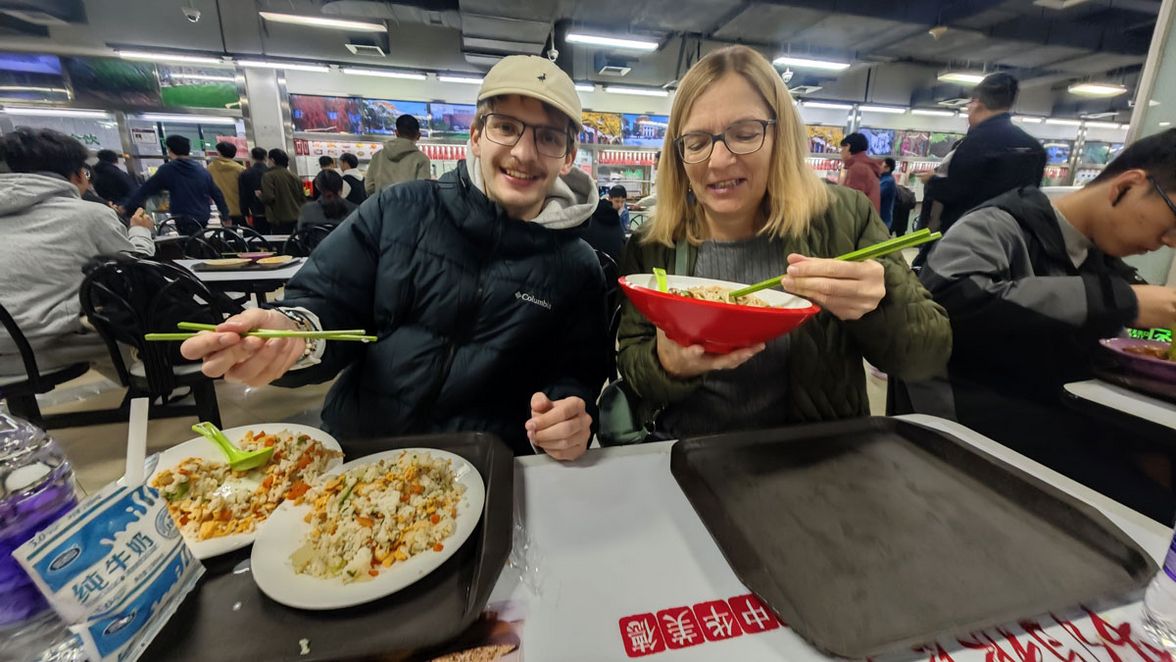Living with two chronic illnesses didn’t stop Jakob Stock from going abroad. The Computer Science student at the TUM School of Computation, Information and Technology had already spent an extended period in the US – and now wanted to explore a completely different part of the world. With the help of the Equal Opportunity Scholarship (Chancengerechtigkeits-Stipendium), he spent a semester at Tsinghua University in Beijing through the TUMexchange program. There, he not only took exciting courses but also experienced everyday life in a whole new culture. In this interview, Jakob shares how he prepared for the adventure, the challenges he faced – and why he wants to inspire other students with chronic conditions to take that step abroad too.
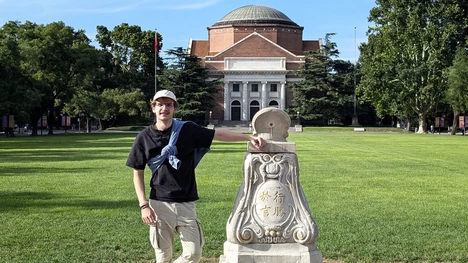
Hello Jakob, thank you for taking the time to talk with us. You applied for a semester abroad at Tsinghua University despite having chronic illnesses. What did you have to consider – and how does your daily life differ from that of other students?
Since 2017, I have been living with Crohn’s disease, a chronic inflammatory bowel condition, and PSC, a liver disease that requires regular check-ups at the hospital. Finding the right medications can often be challenging, but it’s been working well for me – which is why I was determined to do the exchange. I take medication preventively because the inflammations occur in flare-ups and are only partially controllable. Additionally, I give myself an antibody injection every two weeks.
Did you have any concerns about going to China for a semester abroad? It’s not exactly around the corner…
Thanks to a good relationship with my doctors and my previous experience abroad, I had fewer worries. Of course, I still had some respect for the situation, but I had a thorough check-up beforehand to make sure no inflammation would occur during the exchange and that I was well prepared. That had a very positive effect on my mental and psychological readiness as well as on how I managed the semester.
How did you prepare health-wise?
Consulting with my doctors was very important to me, and my experiences were very positive! I proactively talked to them about my plans for an extended stay in China and had all the recommended examinations done. My doctors supported me, took the time, and encouraged me to go for the exchange experience. We also put together an emergency kit with various medications, which fortunately I never had to use.
Were there situations that turned out to be more difficult than expected?
There wasn’t a problem that couldn’t be solved. One example of a potential obstacle: only a certain dose of antibodies can be prescribed per quarter for the injections I need. Luckily, we were able to arrange it so that my parents, who were visiting me anyway, brought a cooled pack of medication. My doctor had to turn a blind eye to that, but again, it shows the almost unconditional support I am very grateful for.
How did you experience your stay in China?
My time in China went really well. I was stable health-wise and could manage my daily life mostly like other students – “mostly” because I had to watch out for alcohol, sugar, and too much stress, and I also exercise regularly. Exam pressure is a major stress factor for my body, which I always try to avoid. In China, that wasn’t a problem: I deliberately took fewer courses and focused more on culture, leisure, and friendships. I also had to be careful with food, as spicy dishes can trigger inflammation in my stomach. But overall, I was able to manage my everyday life very well.
How was the academic experience at Tsinghua University?
The academic experience was very good! The courses were held in small groups, so the interaction with the professors was very personal. The difficulty level was roughly the same as at TUM. I took three courses, had weekly assignments, had to give a presentation, contribute to a group project, and take an exam. I also took a beginner’s Chinese language course.
Did you inform the program coordinators at Tsinghua University about your health condition – and did you receive any support from them?
I didn’t actively share my health situation with the coordinators on site because I didn’t need any special support during my stay. However, there were always contact persons I could have reached out to, and I’m confident I would have received help if necessary. In Germany, I don’t have any official reasonable accommodation either, so it wasn’t necessary for me to arrange special provisions at the host university.
How well were you able to communicate in daily life in China – especially when it came to important topics like health?
The language barrier was definitely noticeable. Many locals speak little English, and my Chinese was only good enough for simple conversations – mostly with the help of translation apps. This worked pretty well for everyday life, but in a medical emergency, it probably would have been more difficult to communicate quickly and clearly.
Did your illness cause any additional expenses during your stay in China?
Yes, of course there were extra costs for the medications I brought with me as a precaution – but it was definitely worth it. I had applied for the Equal Opportunity Scholarship beforehand and was lucky to receive it. That was a big relief, especially since my chronic illnesses make it difficult to work alongside my studies.
Would you recommend doing a semester abroad to students with chronic illnesses?
Absolutely! I think it’s definitely worth doing a semester abroad. Whether you feel ready to go all the way to Asia or China depends, of course, on your own health stability. But there are so many great destinations out there – maybe starting with a partner country closer to Germany is a good option. The important thing is to just take the leap!
What was the biggest benefit of your time abroad?
Above all, I learned how much is possible – and looking back, I can say every step was really worth it. I’m flexible and can live abroad for extended periods. Regular contact with my doctors was important, but through this experience, I also gained a lot of confidence in managing my illnesses. In fact, I’m already planning my next stay – this time back in the US.
